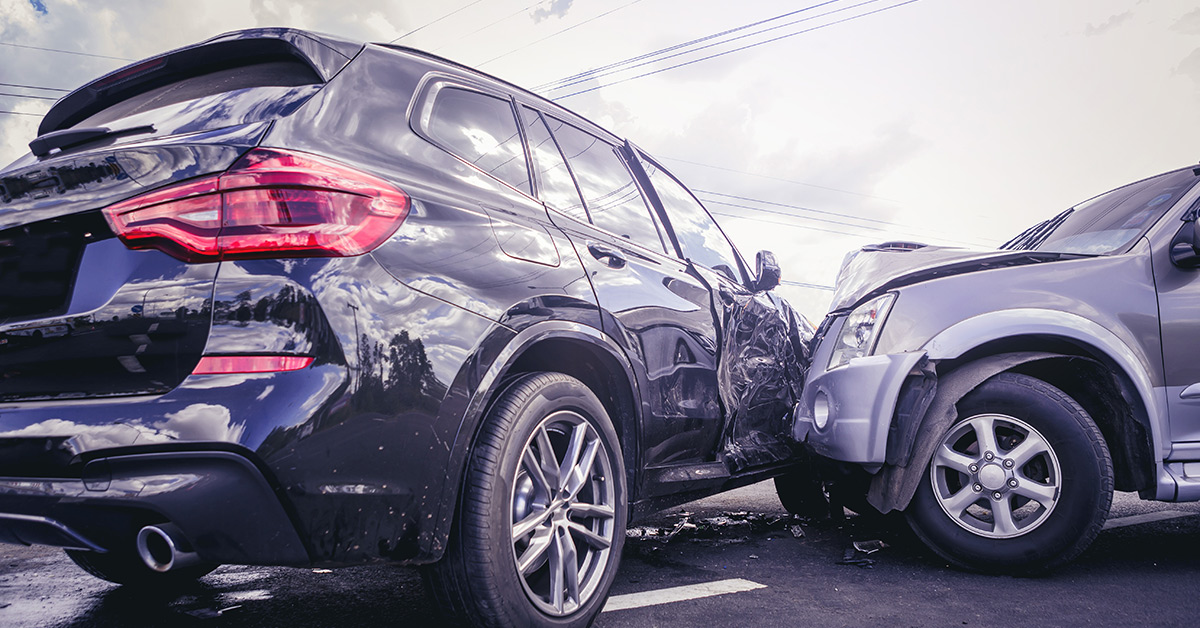If you’re involved in a car accident in Massachusetts, you may be eligible to receive financial compensation for your medical bills and other such losses. You can typically seek compensation by filing a claim with your own insurance. Massachusetts is a “no-fault” state, where your own insurer is responsible for compensating you after a collision, even if someone else caused it.
Watch The Video
However, it may be possible for you to step outside of the no-fault system to file a separate third-party claim or lawsuit. This is an option if your injuries are severe enough to meet certain criteria established under Massachusetts law. An attorney can review your case and more thoroughly explain if this is an option.
Be aware, the insurer of the negligent party who caused your accident won’t be inclined to offer you the compensation you’re seeking. To minimize their financial losses, they may attempt to suggest that you haven’t provided evidence showing you were injured as a result of negligence. They may even attempt to suggest that you’re to blame for the collision.
This is one of many reasons you need to be very careful about what you say at the accident scene in the immediate aftermath of a crash. Specifically, when talking to others involved in the accident (as well as witnesses and other such individuals at the scene), don’t say:
“I apologize”
Don’t make the mistake of confronting another motorist in anger after an accident you believe they caused. While you might be very upset with them, you don’t want to risk escalating an already tense situation.
That said, some people feel a very different impulse after an accident. Their immediate reaction is to say they’re sorry.
This is also a mistake. If you apologize at all, you’re suggesting you somehow caused the accident. This might come back to haunt you later when you’re seeking financial compensation.
“I’m Fine”
You should confirm that others involved in the accident are unharmed and don’t require immediate medical attention in the aftermath of a collision. They may do the same, asking if you’re okay after an accident.
You might feel you’re not injured. That doesn’t mean you’re correct. It’s possible adrenaline or shock are preventing you from noticing the signs of your injuries.
If you were to say you were fine when asked if you’re hurt after an accident, only for injuries to manifest later, you might struggle to receive the compensation you deserve. An insurer could argue you’re not as badly hurt as you claim because you stated you were “fine” at the scene of the accident.
You should confirm that others involved in the accident are unharmed and don’t require immediate medical attention in the aftermath of a collision.
“I Think…”
After checking yourself and all others involved in the accident for injuries, call the police to report the accident. They’ll send an officer to conduct a basic preliminary investigation.
Be careful to avoid openly admitting fault when answering the officer’s questions. You shouldn’t lie, but you also shouldn’t suggest you’re to blame for the accident when this might not be the case.
Additionally, don’t speculate when talking to an officer. If you don’t know the answer to a question you’re asked, don’t say what you “think” might be the correct answer. It’s entirely acceptable to say “I don’t know” when that’s the honest truth.
“I Didn’t See You There”
This is one of the most common statements people impulsively make when they’ve been involved in car accidents. It’s also the type of statement that can sabotage your case if you were to attempt to file a third-party claim or lawsuit in the future.
Again, the goal of the insurance company when you file a third-party claim may be to shift blame for the accident from the negligent party and onto you. If you made a statement indicating you didn’t see another motorist with whom you collided when the accident occurred, you’re essentially saying you weren’t paying attention to the road or your surroundings. It’s easy to imagine how an insurer could use such a statement to argue that your own negligence caused an accident.
Additionally, in the weeks and months that follow after a collision, it’s wise to minimize discussing your accident with anyone until you arrive at a settlement. Strongly consider hiring an attorney as well. They’ll handle all correspondence with the insurance company.
At Swartz & Swartz, P.C., our Boston car accident attorneys strive to ensure our clients receive fair compensation. We’ll handle your claim while you focus on your recovery. Get started today by contacting us online or calling us at (800) 545-3732 for a free consultation.
Need Help?
If you or someone you know, needs help from a lawyer, contact the law offices of Swartz & Swartz, use our live chat, or send us a message using the form below and we’ll get in touch to assess your case and how we can help.
Keep Reading
Want more? Here are some other blog posts you might be interested in.




